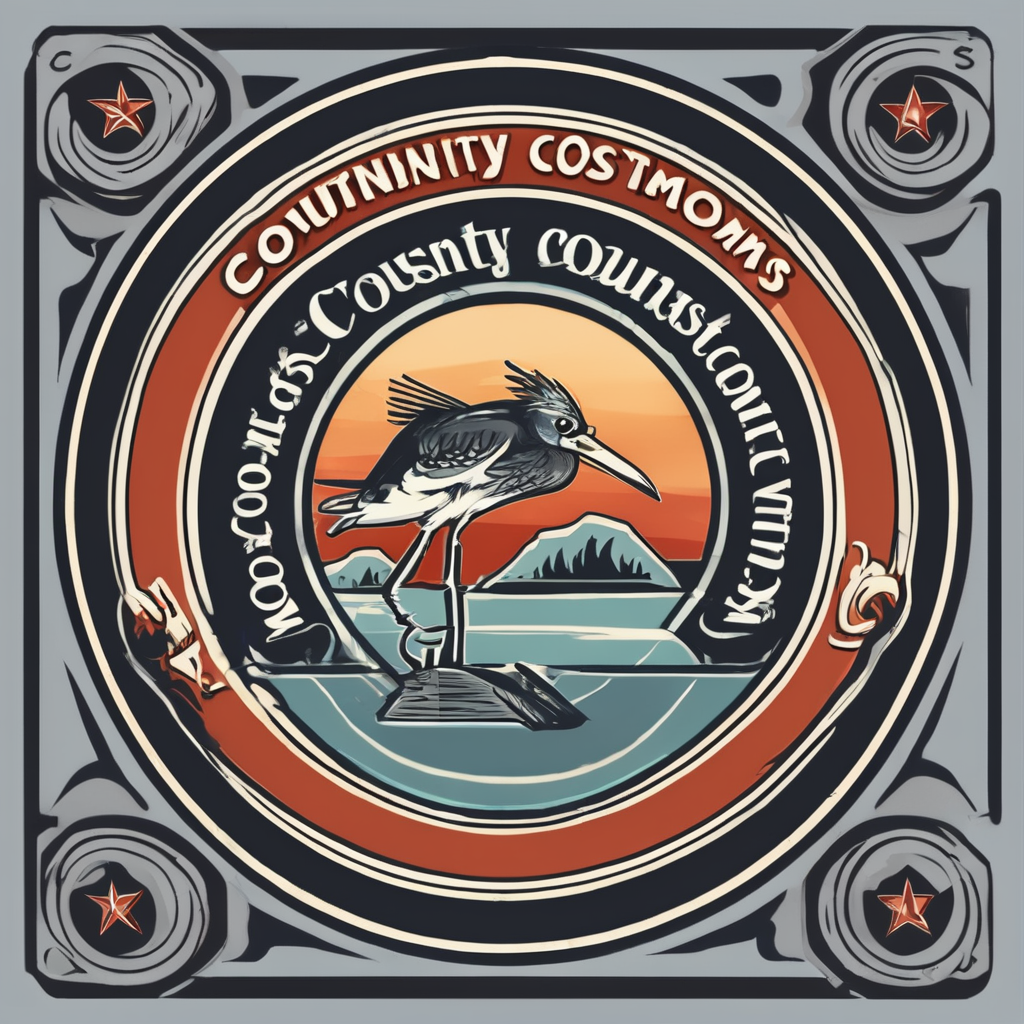Key Drivers Behind the Surge in UK Tourism
The UK tourism growth witnessed recently is primarily fueled by several interlinked factors that respond directly to the evolving global travel landscape. A key reason for the UK tourism rise is the significant surge in demand following the lifting of pandemic-related travel restrictions. After extended lockdowns and border closures, both international and domestic travellers eagerly resumed journeys, boosting visitor numbers substantially.
Complementing this pent-up demand, the effectiveness of recent UK tourism marketing campaigns has played a pivotal role. These campaigns have targeted key markets by highlighting the UK’s rich history, cultural diversity, and natural beauty, creating compelling reasons for travellers to choose the UK. By utilizing both traditional media and digital platforms, the campaigns have increased global exposure dramatically.
Topic to read : How Can Travelers Uncover the Hidden Gems of the UK?
Moreover, the influence of international events hosted within the UK has generated considerable global attention. Sporting tournaments, cultural festivals, and international conferences attract diverse visitor segments who often extend their stays to explore tourist destinations UK-wide. These events serve as catalysts, not only drawing visitors but also enhancing the UK’s reputation as a vibrant and accessible destination in the post-pandemic era.
Together, these factors encapsulate the comprehensive set of reasons behind the UK’s current tourism surge. This momentum aligns closely with broader post-pandemic travel trends, where travellers prioritize destinations that offer safety, accessibility, and unique experiences—all strengths that the UK has increasingly capitalized on.
Topic to read : Why Are Travel Trends Shifting Towards Authentic UK Experiences?
Economic and Currency Factors Impacting Tourism
The currency exchange rate impact plays a substantial role in recent UK tourism statistics, directly influencing visitor numbers and spending patterns. A favourable exchange rate, particularly a weakened British pound against major currencies like the US dollar and euro, makes the UK a more affordable travel destination for international tourists. This currency advantage reduces the overall cost of accommodation, dining, and attractions, thereby encouraging longer stays and higher expenditure.
This economic dynamic has translated into observable trends where the hospitality sector in the UK experiences renewed growth. Hotels, restaurants, and entertainment venues report increased bookings and higher revenue, reflecting rising traveller spending facilitated by the more accessible price point. Consequently, these sectors are benefiting from a tourism boost that aligns closely with broader UK tourism growth trends.
Furthermore, these financial factors enhance the competitiveness of the UK on the global travel stage, making it an attractive option compared to other destinations where travel expenses remain comparatively high. In short, the reasons for UK tourism rise include not only promotional efforts and demand but also pragmatic financial considerations shaped by exchange rate fluctuations and their impact on traveller budgets.
Changing Traveller Preferences and Emerging Destinations
Traveller preferences have notably evolved alongside broader post-pandemic travel trends, significantly influencing the landscape of tourist destinations UK offers. There has been a marked increase in the appeal of both traditional landmarks and newly developed attractions. Iconic sites continue to draw visitors; however, emerging destinations such as rural retreats and coastal towns are gaining traction among travellers seeking less crowded, authentic experiences. This shift reflects a growing desire for personalised and unique travel experiences within the UK.
Demographically, both domestic and international travellers are diversifying. Post-pandemic, there is heightened interest from younger travellers and families choosing to explore lesser-known regions, balancing the traditional demand for city-based tourism. The increase in domestic travel highlights a renewed appreciation for regional diversity, raising the profile of attractions that were previously overlooked.
Furthermore, the rise of new UK attractions, including cultural centres and nature reserves, caters to evolving preferences centred on sustainability and well-being. These destinations align well with travellers prioritising outdoor activities and immersive experiences, thus complementing the existing portfolio of tourist destinations UK-wide. The combined effect of these shifts reinforces the importance of monitoring and adapting to traveller interests to sustain ongoing UK tourism growth.
Role of Government Policies and Travel Infrastructure
Government initiatives have significantly contributed to the UK tourism growth by implementing streamlined UK travel policies that facilitate smoother visitor entry. The eased travel restrictions UK introduced post-pandemic have simplified visa procedures and border entry requirements, reducing administrative burdens and wait times for international travellers. Such policy adjustments directly address traveller concerns about complexity and uncertainty, thus encouraging higher visitor numbers.
Simultaneously, strategic investments in tourism infrastructure UK have bolstered the country’s capacity to accommodate and satisfy growing tourist demand. Enhancements in transport networks, including expanded rail links and upgraded airports, have improved accessibility both within the UK and from international points of origin. Additionally, the development of new accommodation facilities—ranging from hotels to eco-friendly lodges—ensures that diverse traveller preferences are met, further supporting sustained growth.
The combination of eased travel formalities and modernised infrastructure acts as a foundation that amplifies other factors driving the reasons for UK tourism rise. Together, these elements strengthen the UK’s competitiveness as a destination aligned with evolving post-pandemic travel trends, where convenience and seamless travel experiences are highly valued.



